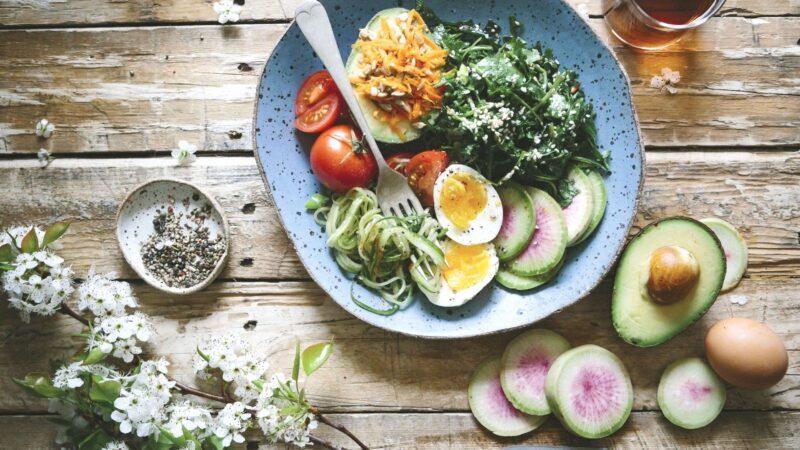Varietarianism is a new eating practice
Are you any of the following?
Vegetarian, pescatarian, pollotarian, paleotarian, frutarian, flexitarian, or vegan?
OK, with all due respect, I am none of them! But ultimately it’s down to individual person’s choice and to be honest it didn’t really matter to me until recently.
When I go away for a long business trip, something usually happens at home. On this occasion, my boyfriend turned himself into a vegan. It is a disaster…
The guy whose culinary palette used to consist of nothing but burgers, steaks, curry, bacon sandwiches and fish/chips is now left with not even bans, but potatoes, beans and a few slices of tomato and onion.
Japan’s proud food culture
In contrast, I’m from Japan. In 2013, UNESCO added Japanese cuisine as a whole to the world cultural heritage list. From fermented beans to row horse sashimi, our colourful food culture has been supported by vegetables seafood and meat as well.
If veganism takes over Japanese dinning table, there will be no Sushi, no Sashimi, no Tempura, no Ramen, and no Katsu Curry. It’s a big part of our heritage, so not something I can easily give up. My boyfriend no longer eats any of my lovely home cooked Japanese food.
Saying that, I am also conscious of the environmental impact and physiological indication of meat consumption. Even with a proven record of one of the best life expectancies in the world, simply being a Japanese is not enough to carry on whatever we have been doing.
Koala bear gave me an inspiration
When I was contemplating between these two conflicting concepts, I had an opportunity to interview a Koala keeper. He told me that Koalas seem to rely on one type of sustenance, but they actually enjoy more than 100 different eucalyptuses that taste differently to them. Even koalas need something to tickle their taste bud.
Then an idea flashed into my mind: I should advocate a new school of eating practice and I shamelessly named the new movement Varietarianism.
What is Varietarianism?
Varietarianism suggests that instead of narrowing down the stuff we ingest, we should diversify it. Taking smaller portions of wider range of things, we can keep the problematic animal consumption at sustainable level. That’s fundamentally the same principle as how Japan never appears in the list of high meat consuming countries regardless of its famous Kobe Beef!
So today I want to give three reasons for you to become a Varietarian.
The reasons to become a varietarian
1. Nutritional benefit
In Britain, we say five a day. In 80’s Japan, we used to say 30 a day. Well, we are not one-meat-two-vegies kind of nation!
If you think of Bento box, which comes with 4 or 5 different small dishes and each of them contains 2 or 3 ingredient, especially when we have 3 meals a day, 30 is totally achievable number. In this way, you can take many different nutrients and keep the balanced diet.
2. Environmental benefit
There was a news report that a London restaurant started serving the meat of grey squirrel. They are not native to British land and undermining indigenous red squirrels. So eating grey ones technically saves red ones.
This might be extreme example but I just wanted to remind you that there is plenty of room to diversify culinary repertoire to avoid heavy reliance on one type of living creature.
3. Cultural benefit
This capital is constantly hungry for new delicacies. In my recent visit to Michelin Star West African restaurant Ikoyi, I got to taste sheep’s brain along with a series of exotic plants. The source of protein, which could have been a slaughterhouse waste, gave me a sensational experience. Without that sort of stimulant, life is boring in my opinion!
Diversify for health environment and culture
So instead of narrowing down the things we put down in our stomach, I want to look at more options, more possibilities of our provender that is natural, healthy, tasty, and environmentally friendly!
Just as lions don’t need to stop eating zebras, there must be the way of consuming animals within the framework of sustainability and ecosystem. So If you want to join me, please spread the word with





